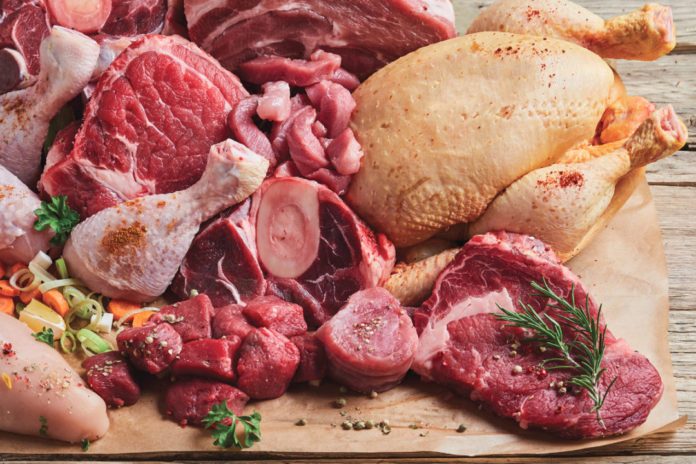Here’s a rewritten version of the article, making it relevant for Poultry News Africa Magazine by highlighting the impact on African markets and the poultry sector.
Brazil’s poultry industry has achieved a historic milestone, recording its highest-ever poultry export volume of 5.294 million metric tons (MT) in 2024—a 3% increase from 2023, according to the Brazilian Animal Protein Association (ABPA).
With a total export revenue of US$9.928 billion, Brazil continues to strengthen its position as a global poultry powerhouse, a development that holds significant implications for Africa’s poultry industry and food security.
Impact on Africa: Imports & Competition
While China, the UAE, and Japan remain the top destinations for Brazilian poultry, African markets have been increasing their imports, particularly South Africa, Angola, and Ghana.
Brazilian chicken exports have traditionally dominated African markets, often competing with local poultry producers. Countries like South Africa and Nigeria impose tariffs and import restrictions to protect domestic poultry farmers, yet Brazilian poultry remains a key supplier due to its low-cost production and competitive pricing.
As Brazil’s poultry exports continue to grow, African poultry industries must innovate and improve productivity to remain competitive in both local and regional markets.
Mexico’s Growth in Poultry Imports: A Model for Africa?
One of the most notable changes in Brazil’s export destinations has been the 22.6% growth in Mexican imports, reaching 212,500 MT in 2024. This trend signals an increasing dependence on Brazilian poultry in new markets.
For African nations, Mexico’s model could offer valuable lessons on structuring poultry trade deals. While importing Brazilian poultry may help meet demand, investing in local production and adopting modern farming techniques could reduce reliance on foreign imports over time.
Eggs & Poultry Genetics: Growth Opportunities for Africa
Brazil’s poultry exports extend beyond chicken meat to eggs and poultry genetics, areas where Africa could see major opportunities.
- In 2024, Brazil exported 18,469 MT of eggs, a 27.3% drop from 2023. This decline could present an opening for African egg producers to expand their markets and increase local production.
- Poultry genetics, such as one-day-old chicks and fertile eggs, saw a 2.8% growth in exports, highlighting rising global demand for high-quality breeding stock. African nations looking to improve poultry productivity may benefit from investing in better genetics and hatchery technology.
Lessons & Challenges for Africa’s Poultry Industry
Brazil’s success in poultry exports highlights several key lessons for African poultry producers:
- Scale & Efficiency – Brazil’s large-scale, cost-efficient production allows it to export competitively. African countries must invest in modern poultry farms and boost productivity to compete.
- Trade Policies & Market Protection – African governments need to balance imports and local production to ensure that cheap Brazilian poultry does not undermine domestic farmers.
- Investment in Poultry Genetics – The demand for fertile eggs and quality breeding stock is growing. African poultry producers can benefit from partnerships with global genetics companies to enhance local breeds.
- Export Potential – African poultry exporters can explore new markets within the continent and globally, just as Brazil has diversified its trade partners.
Looking Ahead: A Competitive Future for African Poultry
As Brazil’s poultry industry continues to expand, African poultry stakeholders must adapt to changing global trade dynamics. By investing in modern farming practices, efficient production, and policy-driven market strategies, African nations can strengthen their poultry industries while maintaining food security and creating economic opportunities.



